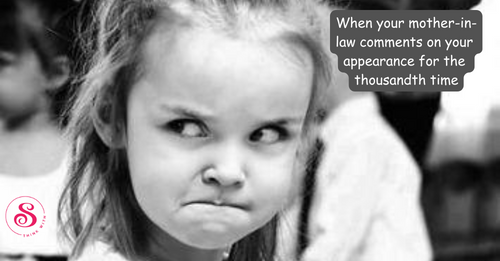Humans have a natural tendency to favor their ingroup, which can lead to biases against outgroup members. Ingroup-outgroup bias refers to the tendency to favor and show preference towards members of our own social group, the ingroup, while exhibiting negative attitudes and behaviors towards individuals from outside our group, the outgroup.
In social psychology, the terms “ingroup” and “outgroup” are used to describe the categorization of individuals into groups based on certain characteristics or affiliations.
What is Ingroup and Outgroup?
The ingroup refers to the social group to which an individual perceives themselves as belonging. It represents the group with which they identify, share common characteristics, or feel a sense of loyalty and belongingness. The ingroup is often associated with positive feelings, as individuals tend to have a favorable bias towards their own group.
The outgroup, on the other hand, refers to individuals or groups that are perceived as different or distinct from one’s own ingroup. The outgroup is often characterized by perceived differences in attributes, such as ethnicity, nationality, religion, or any other relevant characteristic. Individuals tend to view the outgroup as distinct or separate from their ingroup and may hold different attitudes or stereotypes towards them.
The Influence of Ingroup-Outgroup Bias
Individuals often display biases favouring their ingroup and may exhibit prejudice or discrimination towards the outgroup. This article explores the profound impact of ingroup-outgroup bias on marital life and family dynamics, particularly when a daughter-in-law from an outgroup faces unwarranted hatred within her new family.
In traditional societies, when a daughter-in-law from an outgroup joins a new family, she often faces unique challenges arising from ingroup-outgroup bias. Despite efforts to build a harmonious relationship, the daughter-in-law may encounter unwarranted hatred from certain family members based solely on her outgroup status.
The Daughter-in-Law’s Struggle
When a daughter-in-law from a different background joins a new family, she often encounters unique challenges resulting from ingroup-outgroup bias.
Impact on Marital Life
The daughter-in-law’s experience of unwarranted hatred can profoundly impact her marital life. Constant criticism, exclusion, or negative treatment can lead to feelings of isolation, low self-esteem, and emotional distress. Such experiences strain the relationship between the daughter-in-law and her spouse, leading to misunderstandings, resentment, and a lack of support.This strain on the marital relationship can create an unhealthy and stressful environment for both partners.
Impacts on the Whole Family
The impact of ingroup-outgroup bias extends beyond the marital relationship and affects the entire family. The negative treatment of the daughter-in-law can lead to tension, conflict, and division within the family unit. Sides may be taken, alliances formed, and the overall harmony of the family compromised.
Unwarranted hatred towards the daughter-in-law from certain family members can create a toxic atmosphere within the family. This not only affects the daughter-in-law’s well-being but also strains relationships between other family members, leading to a breakdown in communication and emotional bonds.
Overcoming Ingroup-Outgroup Bias
Addressing and overcoming ingroup-outgroup bias requires conscious efforts from all family members. Family members can engage in dialogue, actively listen to each other’s perspectives, and seek common ground. Through increased awareness and education, family members can challenge their biases, dismantle stereotypes, and cultivate a more inclusive and supportive environment.

